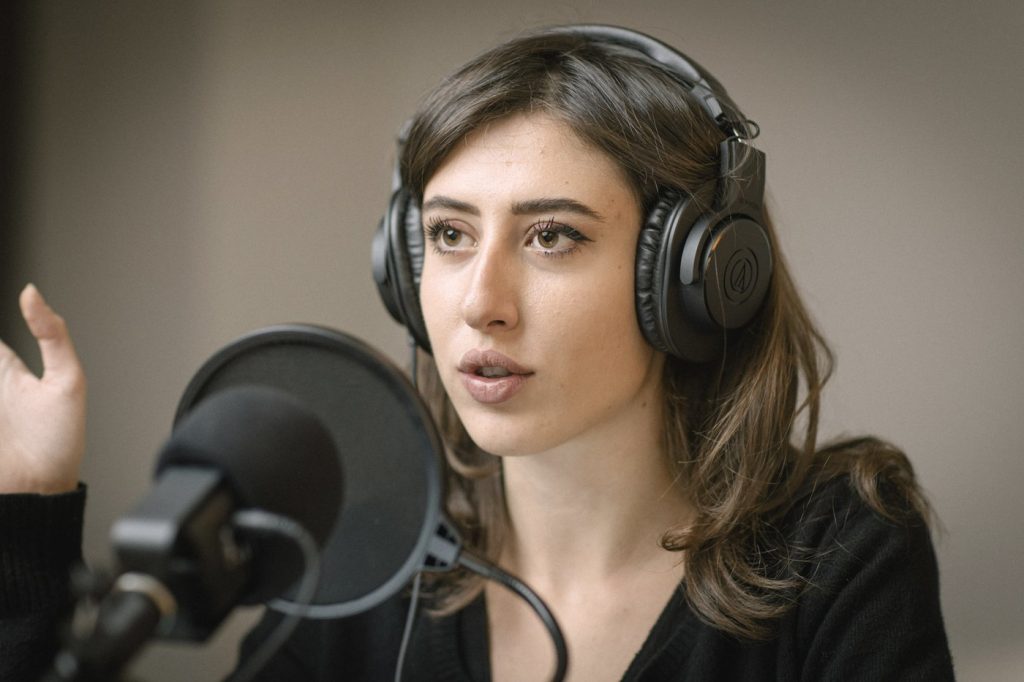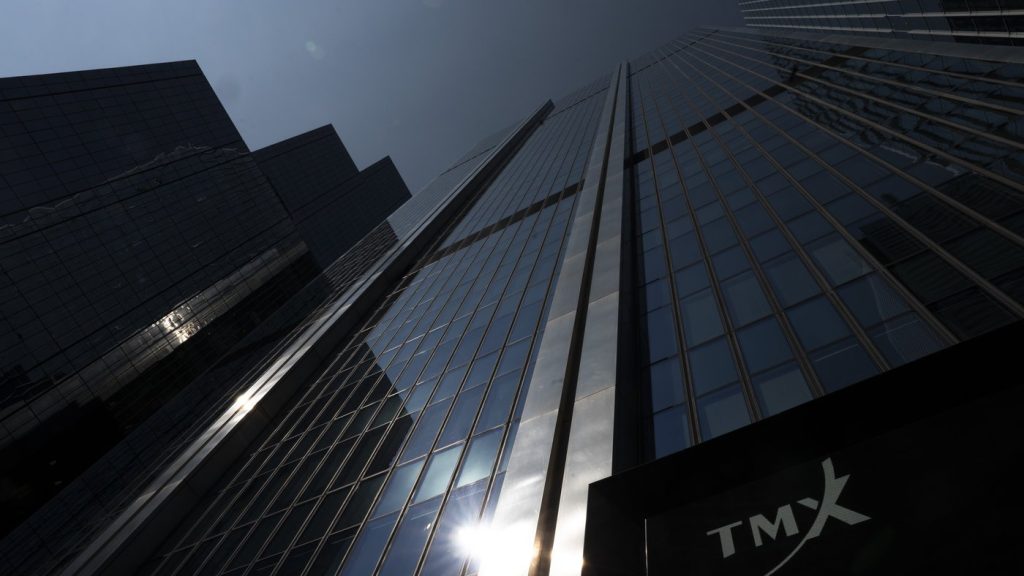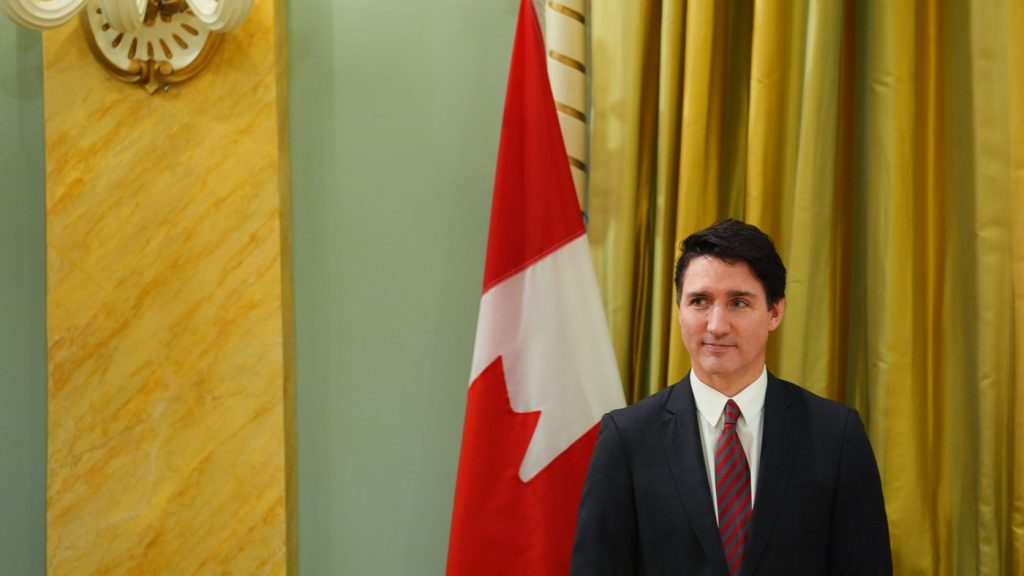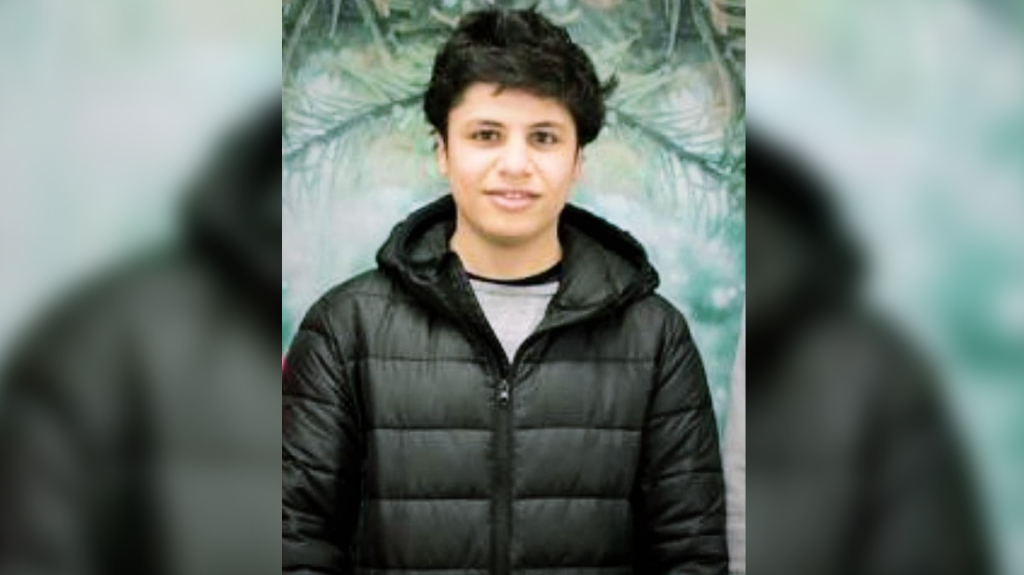Iranian suspect detained in Italy in US drone case praying for Italian reporter detained in Tehran

Posted Jan 3, 2025 12:46:17 PM.
Last Updated Jan 3, 2025 01:01:46 PM.
ROME (AP) — The fate of an Italian journalist detained in Tehran and an Iranian engineer imprisoned in Italy on a U.S. warrant grew even more intertwined Friday as the Iranian awaits possible extradition to the United States to face charges he provided drone technology to Iran’s elite Revolutionary Guard corps.
A Milan court scheduled a hearing for Jan. 15 to decide whether to keep Mohammad Abedini at Milan’s Opera prison or grant him house arrest pending the start of the lengthy extradition process.
The U.S. government hasn’t commented publicly on Abedini’s petition, but in the past it has complained to Italy’s justice ministry about a half-dozen cases of suspects wanted by the U.S. who escaped from the Italian justice system before they could be extradited.
On Friday, lawyer Alfredo De Francesco visited Abedini in prison and said his client had asked him about Cecilia Sala, an Italian reporter detained in Tehran just days after Abedini was arrested at Milan’s Malpensa airport on a U.S. warrant.
Italian commentators have speculated that Iran is holding Sala as a bargaining chip to ensure Abedini’s release, and both governments have linked their fates to one another in public statements.
“He asked me to write the name of Cecilia Sala on a piece of paper we had with pen, so that he could correctly pronounce her name,” De Francesco told reporters outside the prison. “And he told me that he would pray a lot for her and himself in these days.”
He said Abedini had heard about Sala’s case inside the prison and didn’t understand any connection to him. The lawyer stressed that on the surface the two cases are separate.
“He asked me if she had been arrested and how she had been arrested, and why in some way they wanted to connect her to him,” the lawyer said. “I explained the situation to him, even what is said on television, because it is useless to deny it, but I explained to him.”
“He was very moved by this thing, to know that she is a woman in prison right now, and so he prays for her, for him,” he said.
Sala, a reporter for the Il Foglio daily, was detained in Iran on Dec. 19. She had arrived in the country on Dec. 13 on a journalist visa and was arrested on charges of violating the laws of the Islamic Republic, the state-run IRNA news agency said.
On Dec. 16, the U.S. Justice Department announced charges against Abedini and another Iranian citizen accused of supplying the drone technology to Iran that was used in a January 2024 attack on a U.S. outpost in Jordan that killed three American troops. Abedini was detained that day at Milan’s Malpensa airport on a U.S. warrant seeking his extradition.
U.S. federal prosecutors charged Abedini and his co-defendant with export control violations after FBI specialists analyzed the drone navigation system used in the Jordan attack and traced it to them. U.S. prosecutors said Abedini’s Tehran-based company manufactures navigation systems for the military drone program of Iran’s paramilitary Revolutionary Guard.
Iran’s embassy to Italy has connected Sala’s fate to that of Abedini, saying in a statement posted to X that it will respect Sala’s rights and expects Italy to do the same for Abedini.
“It is reciprocally expected from the Italian government that, in addition to expediting the release of the detained Iranian citizen, he will be provided with the things he needs,” said the statement, which was issued after Ambassador Mohammadreza Sabouri was summoned to the Italian Foreign Ministry for consultations Thursday.
Iran added that it considered Abedini was being held on “false charges.”
The delicate diplomatic triangle poses something of a headache for the government of Premier Giorgia Meloni, which is still stinging from the embarrassment of having lost track of another high-profile target wanted by the U.S.
Russian businessman Artyom Uss, wanted by the U.S. on alleged sanctions violations, escaped from Italy in 2022 after he was granted house arrest, despite warnings from the U.S. that he was a flight risk.
Uss, the son of a Russian regional governor, later resurfaced in Russia. Meloni acknowledged at the time that there were grave “anomalies” in the handling of his case and ordered an investigation.
Milan’s general prosecutor, Francesca Nanni, has opposed Abedini’s motion for house arrest, saying he’s a flight risk and that not even guarantees from Iran’s consulate in Milan were sufficient to ensure he wouldn’t disappear.
The issue could come up next week when Meloni hosts President Joe Biden on his final foreign trip before leaving office.
Nicole Winfield, The Associated Press








